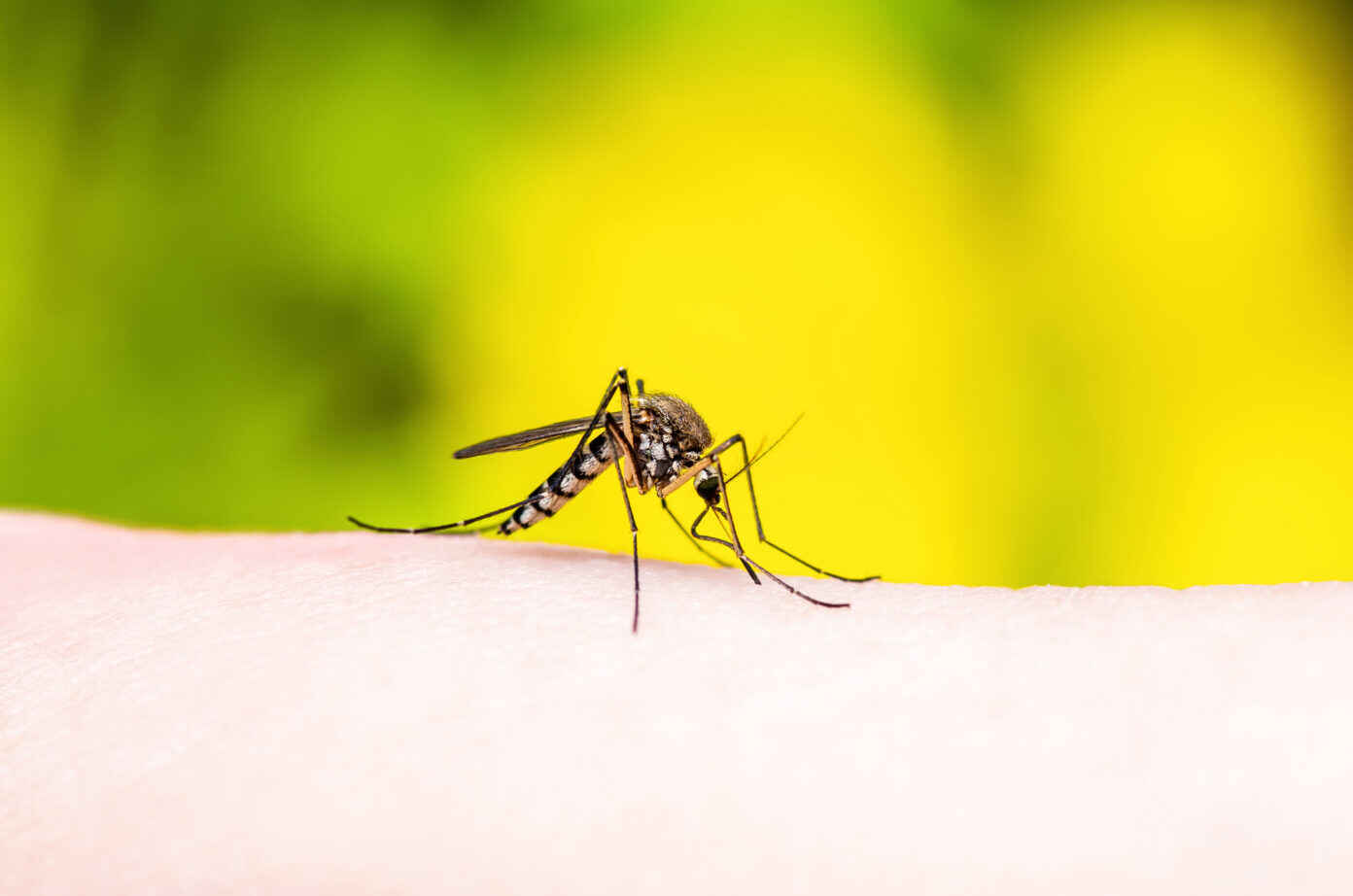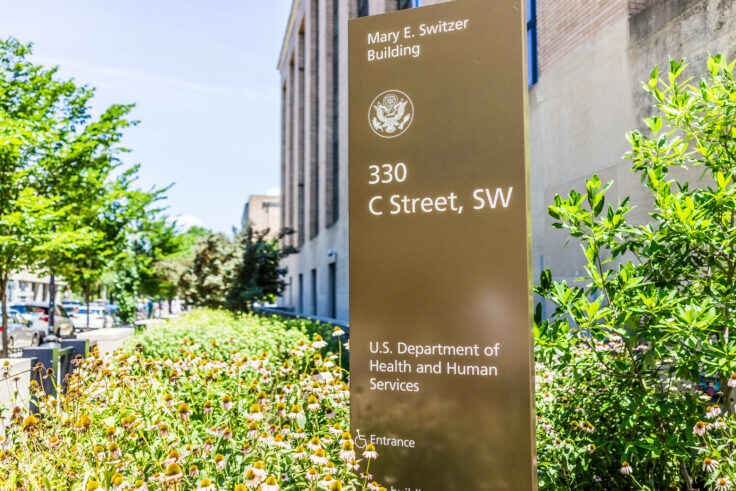Mosquito Spraying to Reduce Spread of Eastern Equine Encephalitis Virus in Michigan: Legal, Ethical, and Practical Challenges
July 23, 2020
Overview
In late summer 2019, Michigan experienced an unusually high number of Eastern Equine Encephalitis (EEE) virus disease cases. The EEE virus (EEEV) is a mosquito-borne virus that can cause severe, long-term neurological damage or death. Ten human EEEV infections were reported across six Michigan counties in 2019, resulting in six deaths. In contrast, Michigan reported only seven human EEEV disease cases total from 2009 through 2018.

Michigan was not alone in experiencing a spike in EEEV disease cases last summer; in fact, it was one of several states across the eastern half of the United States that experienced an outbreak. As of December 17, 2019, the U.S. Centers for Disease Control and Prevention (CDC) reported 38 EEEV disease cases across ten states—nearly five times the average number of annual EEEV disease cases reported nationally during the years 2003-2018. Like Michigan, Massachusetts was hit particularly hard by the virus, reporting 12 human EEEV disease cases in 2019. Additional cases were reported in Alabama, Connecticut, Georgia, Indiana, New Jersey, North Carolina, Rhode Island, and Tennessee.
In response to the outbreak, some states, including Michigan, undertook aerial pesticide spraying to reduce the mosquito population in at-risk areas. According to the CDC, aerial spraying is “the one method that can rapidly reduce the number of mosquitoes spreading a virus in a large area.” Although not frequently utilized in Michigan, aerial spraying is more common in states where mosquitoes and mosquito-transmitted diseases are more prevalent, such as Florida and Louisiana. The efficacy of aerial mosquito spraying hinges upon widespread participation because the planes used to apply pesticides fly at a height and speed that make it impossible to exclude only narrow parcels of property.
Michigan’s aerial spraying effort surfaced numerous legal, ethical, and practical challenges. This issue brief provides an overview of the legal framework involved in detecting and responding to a mosquito-borne disease outbreak in Michigan and discusses important ethical principles that may guide decision-making.



